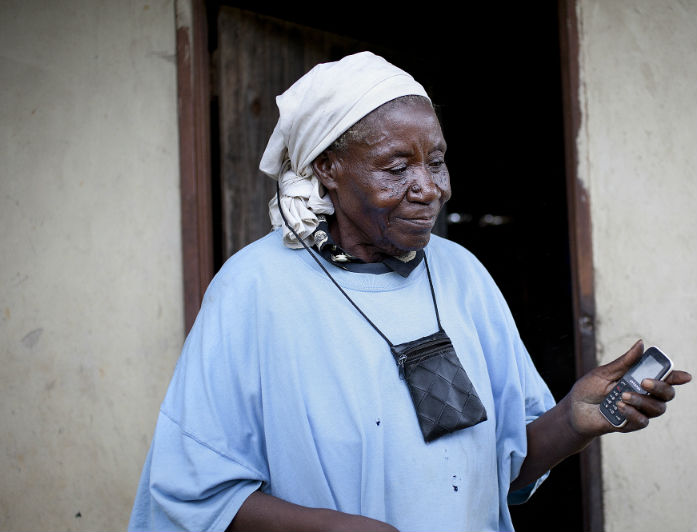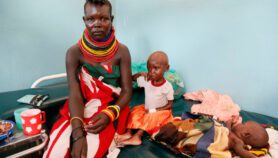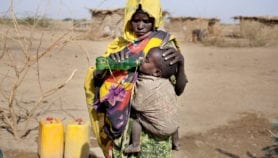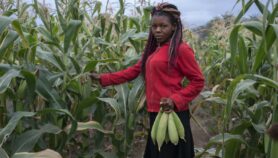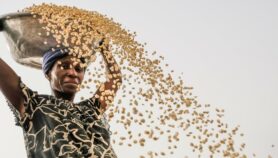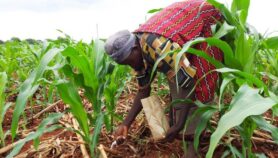By: Farai Matebvu
Send to a friend
The details you provide on this page will not be used to send unsolicited email, and will not be sold to a 3rd party. See privacy policy.
[MUTARE, ZIMBABWE] A new mobile phone technology that enables cash transfers on a large-scale has helped vulnerable households tackle drought, poverty and hunger in Zimbabwe, a report says.
The cash transfer programme, which involved the provision of cash or vouchers through mobile phones, was implemented in the country from August 2015 to May 2017 to help vulnerable households cope with severe drought resulting from El Niño, and boost food security, according to the report.
The technology was used by non-governmental organisations in partnership with the country’s largest cellular companies — Econet and NetOne through their innovative mobile payment facilities — the Ecocash and One Wallet respectively.
“The cash programme has yielded positive results and has been a success.”
Abel Whande, Care International Zimbabwe
The project’s evaluation was launched last month (25 July) by Care International UK, which implemented the project in four provinces of the country.
“This programme is the first time that cash transfers have been used as a large-scale alternative to food aid in Zimbabwe and the first large-scale provision of cash transfers through mobile money,” says the report.
Douglas Mboweni, CEO of Econet Wireless Zimbabwe, says: “The technology is an innovative mobile payment solution which we designed to help millions of people in Africa. It enables people to complete simple financial transactions of sending, receiving and buying goods and services to registered clients.”
The report says the project reached about 74,000 households with one million payments, with each household having received an average of US$555 in total through 17 payments.
“The cash programme has yielded positive results and has been a success. The phone is now their bank and the scheme enabled people to go to local shops to buy what they needed,” says Abel Whande, team leader of Care International in Zimbabwe. “The phone technology has become an alternative solution to the on-going cash crisis in Zimbabwe. We worked with largest mobile companies to show people how to access goods and services using their phone, without the need for hard currency.”
The report adds that the programme reduced hunger by increasing the number of meals children were receiving from two meals to three a day and reduced the frequency of severe food deprivation by 23 per cent across all the four provinces.
Rumbidzai Gwaimani, a mother of two children, living in Masvingo province, benefitted from the scheme, the report says. “I bought goats using the savings from the cash assistance. One has already reproduced and the others are pregnant. I want them to multiply so that I can be able to sell them and pay school fees for my children,” she says.
Gwaimani adds that the family received notifications through text messages on what they bought in a given month. “We then sit down as a family and decide what to buy,” she explains.Hasha Maringe, founder of Information Communication Technology Association of Zimbabwe, tells SciDev.Net that the technology is ideal in African countries experiencing cash crisis to fight poverty and hunger.
It also encourages people of all ages to own mobile phones for aiding communication and rational decision-making.
This piece was produced by SciDev.Net’s Sub-Saharan Africa English desk.
References
Adaptable and effective: Cash in the face of multi-dimensional crisis (Care UK, June 2017


